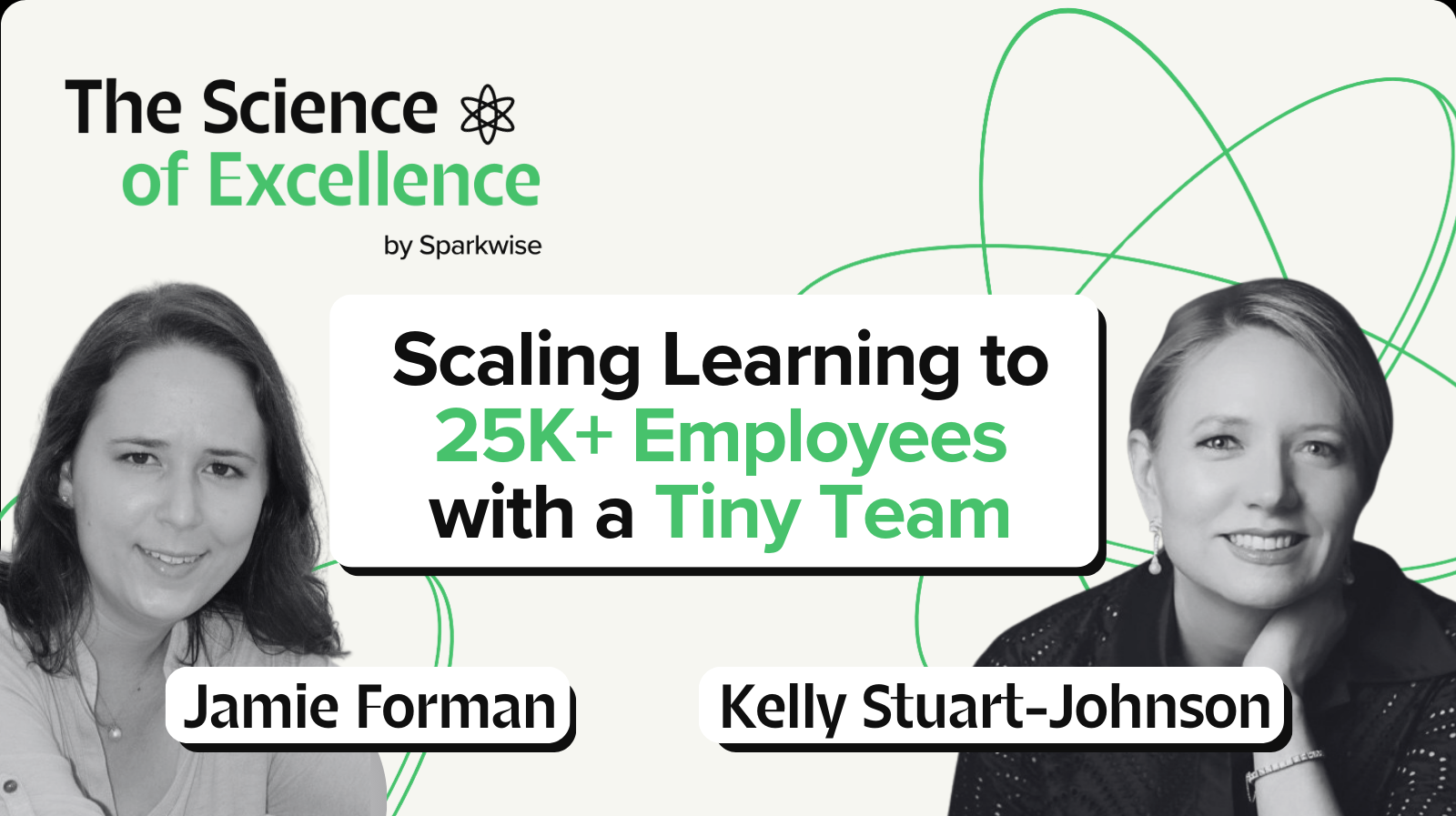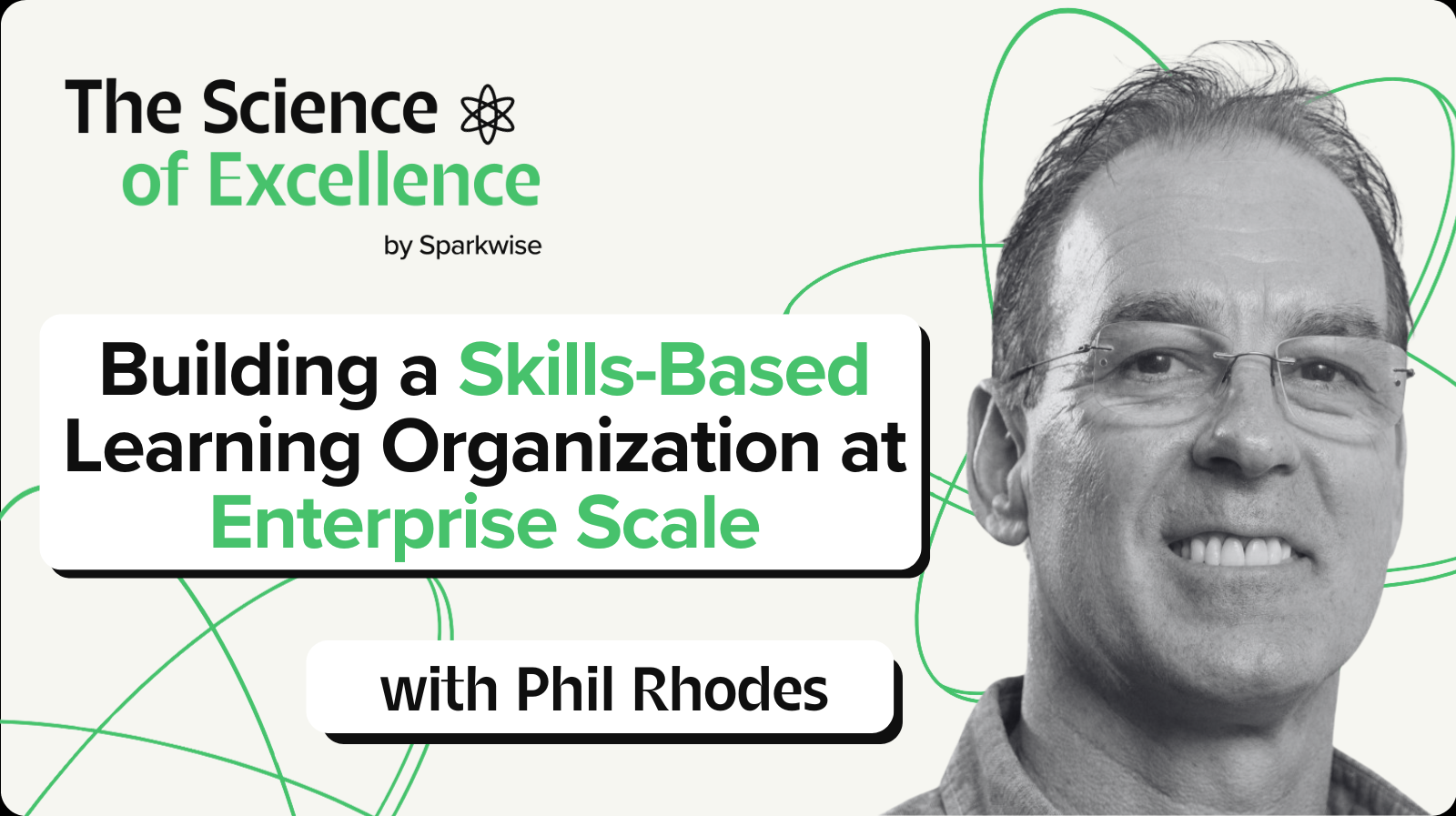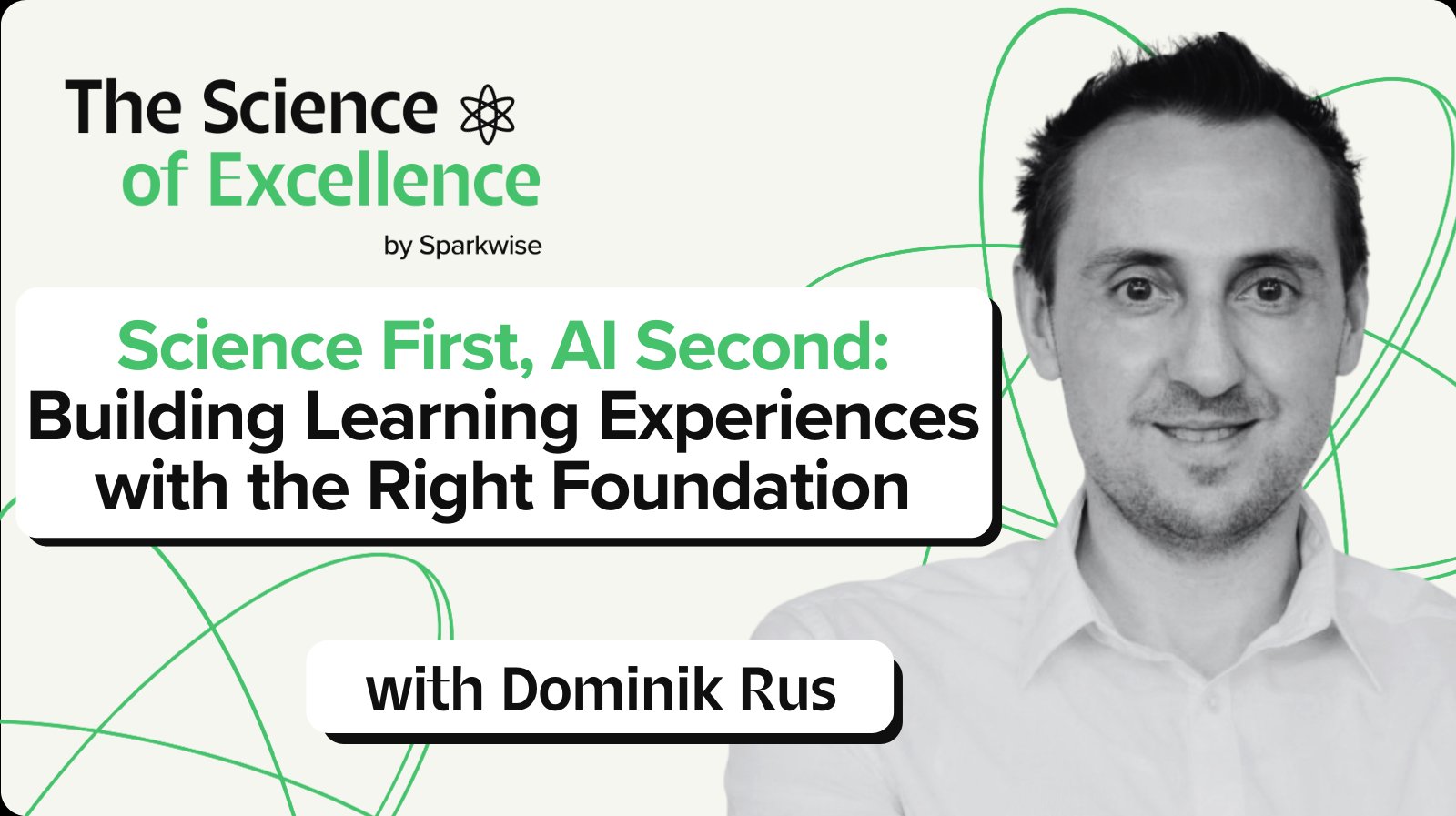In this episode of The Science of Excellence, I sat down with Michael Frino and Katie P. Desiderio, co-authors of "The Stargazer," a leadership fable that introduces their COMPASS framework for team development.
Michael and Katie bring a scholar-practitioner perspective, combining academic rigor with storytelling. Their work focuses on the "tri-level of leadership"—individual, team, and organizational—with "The Stargazer" specifically addressing how leaders can build stronger teams by unleashing the potential of others.
These 5 insights stood out from our conversation:
- Master the COMPASS Framework for Team Navigation
- Focus on Constellation Beyond Individual Shine
- Build a Star System for Diverse Perspectives
- "Always Be Proximal" to Team Growth
- Apply the Platinum Rule Over the Golden Rule
1. Master the COMPASS Framework for Team Navigation
In Michael's Words: "We realized that most individuals, if they don't have a compass to help find a way, can struggle. So basically we used Compass as an acronym and it really encompasses a number of key elements. Choose your B mindsets, Open your mind, ears and heart, Meaningful work, Platinum Rule, Always be proximal, Solutions focused, and Shine brighter and stronger together."
The COMPASS framework provides teams with a systematic approach to collective leadership development. Each element serves team effectiveness: Choosing mindsets aligns team culture, Opening minds enables collective learning, Meaningful work drives team motivation, the Platinum rule ensures individual consideration within teams, Always being proximal keeps team growth central, Solutions focus drives collaborative action, and collective Shine creates team impact.
This framework gives teams a shared language and structure for development. Rather than leaving team dynamics to chance, COMPASS provides actionable components that teams can practice together, creating consistency in how they approach challenges and growth opportunities.
2. Focus on Constellation Beyond Individual Shine
In Michael's Words: "We encourage people to be the brightest shining star in the sky. You've gotta be intrinsically motivated to do that. But when you take a step back from that big star, there's other stars in the sky. And then how do you think about building my constellation here and all these stars around me are just gonna illuminate something much brighter."
Individual excellence is important, but constellation thinking recognizes that collective brilliance of a team creates more impact than individual achievement. This requires shifting from competitive to collaborative mindsets within teams.
A single star might be bright, but a constellation creates patterns, navigation, and meaning that individual stars cannot. In team terms, this means investing in others' success, creating conditions for team members to shine, and recognizing that your success is interconnected with your teammates' growth. High-performing teams understand that amplifying others' strengths makes the entire team more capable.
3. Build a Star System for Diverse Perspectives
In Katie's Words: "I've built what we call a star system. This is really people who can help offer me a lens that doesn't come natural to me. They're people who help me to get out of my own way. There are people that are helping navigate life and solutions and things like that."
A star system is your constellation of advisors, mentors, and trusted voices who provide perspectives you can't see yourself. For teams, this means each member needs diverse input sources to bring richer perspectives to team decisions and problem-solving.
The key is cognitive diversity. You need people who think differently, approach problems differently, and can illuminate your blind spots. When team members each cultivate diverse star systems, they bring more varied perspectives to team discussions. Katie notes that as she became more intentional about building her star system, it naturally expanded, including "seasonal" members who provide relevant perspective for current challenges.
4. "Always Be Proximal" to Team Growth
In Michael's Words: "Proximal means closest to the center and closest to the heart. If teams and people and organizations realize how do you get to that spot of placing yourself at the center of growth for yourself, others, and organizations, we start becoming others focused. And that's what it takes to win."
Being proximal means positioning yourself at the heart of learning and growth—both your own and your team's. The term borrows from medical terminology (closest to the heart) and educational psychology (zone of proximal development) to describe a team-focused approach to continuous development.
This concept challenges team members to maintain learning mindsets while helping teammates grow. Rather than positioning yourself as the expert with all the answers, proximal team leadership means staying curious, asking questions, and creating conditions where everyone can develop. Teams thrive when members are vulnerable enough to say "I haven't thought about that before" and open enough to learn from each other.
5. Apply the Platinum Rule Over the Golden Rule
In Katie's Words: "We asked everyone in the room to unlearn the golden rule, and they were like, 'What? Who wants to unlearn the golden rule? Treat others as you want to be treated.' We're like, yeah, people don't want to be treated the way you do. We want you to think about enacting the platinum rule, which is to treat others as they want to be treated."
The platinum rule requires understanding individual differences rather than assuming everyone wants what you want. This shifts team dynamics from projection to observation and inquiry, making teams more effective at leveraging diverse working styles and preferences.
This principle addresses the gap between intention and impact in team settings. You might intend to help a teammate by treating them the way you'd want to be treated, but the impact could be completely different. Teams that practice the platinum rule develop awareness of each member's preferences, communication styles, and motivations, adapting their approach based on what actually works for each person.
Until next time,
Vince




.png)



.png)
.png)




.png)

.png)
.png)









.png)












.png)